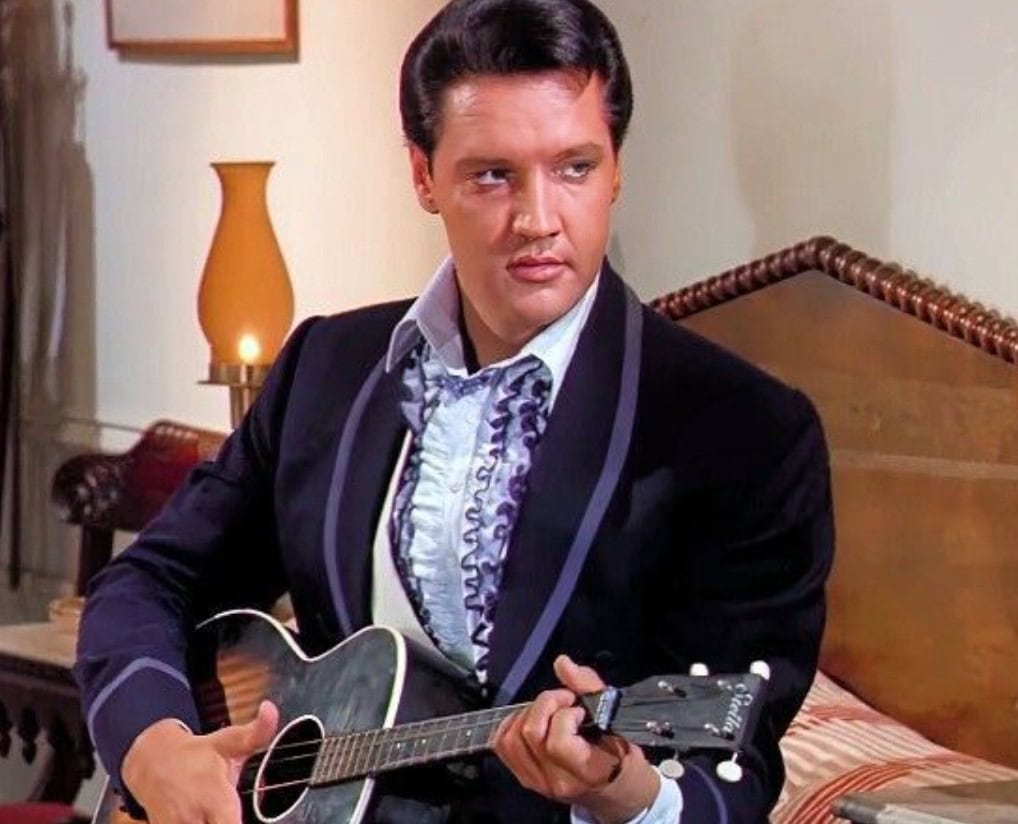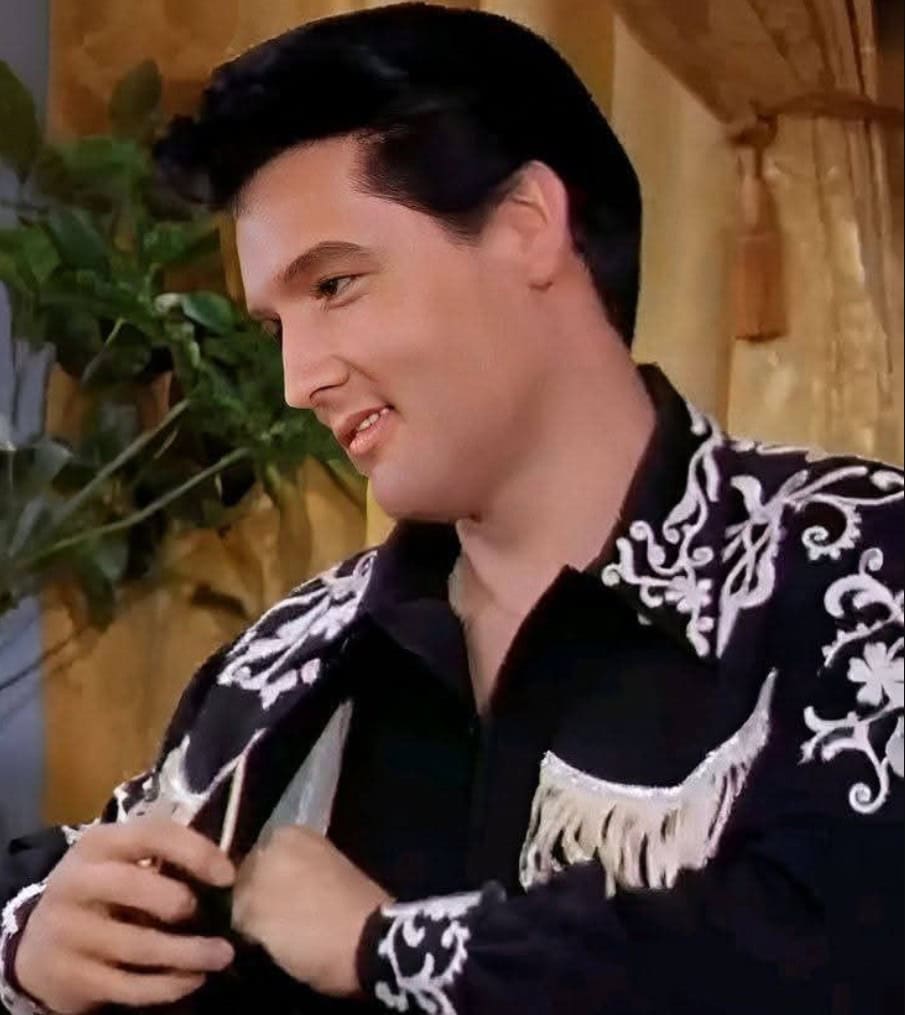
About the song
If you’ve ever felt the quiet, complicated ache of loving someone you must let go, Elvis Presley’s “My Boy” will find the exact place where that ache lives. In this tender performance, My Boy becomes more than a song: it is a small liturgy for loss, a private confession sung aloud with the kind of humility that strips away spectacle and leaves only feeling. Elvis Presley wraps every fragile admission in a voice that trembles between authority and vulnerability, so that each line reads like a promise spoken under the weight of sorrow.
The arrangement is spare, allowing the words to breathe; piano and strings underline rather than overwhelm, creating a hush where the listener can lean in. Lyrically, the narrator negotiates a painful transition — relinquishing a child’s daily presence while insisting on eternal guardianship of the child’s heart. That tension between letting go and clinging on is what gives the song its moral gravity: it is both a benediction and a farewell.
What feels most striking is how universal the story becomes. Though the narrator addresses a single boy, the emotions translate across relationships and eras: regret, tenderness, and an almost militantly protective love that refuses to vanish even as circumstances demand separation. Presley’s performance refuses melodrama; instead, it trusts in restraint, which paradoxically amplifies the song’s emotional reach.
By the final bars the listener is left with a hush of endurance — a sense that devotion, even compromised, is still devotion. “My Boy” lingers not as a theatrical display but as an intimate vow, small and immeasurable at once. In the end, the song asks us to hold compassion for both those who leave and those who remain, recognizing how love can be both the wound and the salve. It stays with you after the last note, and memory.
